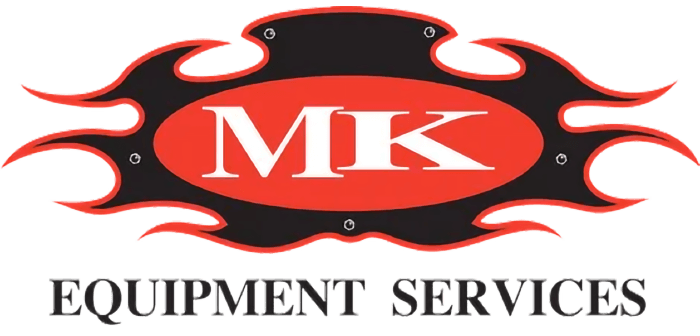As a heavy vehicle mechanic, I’ve witnessed firsthand the damage that engine failure can cause in a truck or other heavy vehicle. Engine failure not only results in costly repairs, but it can also result in costly downtime and lost business. In this article, I’ll go over some of the most common reasons for engine failure in heavy vehicles, as well as what you can do to avoid them.
Lack of Maintenance Causes Engine Failure
The most common cause of engine failure in heavy vehicles is a lack of maintenance. Regular maintenance is essential for keeping the engine running smoothly and avoiding breakdowns. It is important to follow the manufacturer’s recommended maintenance schedule and have the vehicle serviced by a qualified mechanic.
Overheating Causes Engine Failure
Overheating is a common cause of mechanical breakdowns. Heavy vehicles work hard and generate a lot of heat, which can cause the engine to overheat if the cooling system isn’t working properly. To avoid overheating, check the coolant level on a regular basis, inspect the radiator for leaks or damage and ensure the cooling fan is working properly.
Belt and Hose Issues
Similarly, belts and hoses play an important role in engine operation by driving key components such as the alternator, water pump and power steering pump. Belts can become worn or cracked over time and hoses can become brittle or leak. These problems can cause engine overheating, loss of power steering and other issues that can lead to engine trouble. To avoid belt and hose-related engine failure, have these components inspected on a regular basis and replaced as needed.
Oil Issues
Engine oil is essential for lubricating the moving parts of the engine and preventing damage. If the oil level is low or the oil is dirty or contaminated, it can lead to engine trouble. To prevent oil-related issue, make sure to check the oil level regularly, change the oil according to the manufacturer’s recommended schedule and use high-quality oil and oil filters.
Fuel System Issues
Fuel system issues can also cause engine failure. Problems with the fuel system can cause the engine to run lean or rich, which can lead to damage over time. To prevent fuel system-related issues, it’s important to use high-quality fuel, change the fuel filters regularly and have the fuel injectors inspected and cleaned as needed.
Air Filter Issues
Air filters are responsible for preventing dirt and debris from entering the engine. Over time, the air filter can become clogged, which can reduce airflow to the engine and cause it to run poorly or fail. To prevent air filter-related engine failure, it’s important to replace the air filter regularly and to check it more frequently if the vehicle is being operated in a dusty or dirty environment.
Exhaust System Issues
Exhaust system problems can also lead to engine failure. If the exhaust system is damaged or blocked, it can lead to a buildup of pressure in the engine, which can cause damage over time. To avoid exhaust system-related engine failure, it is important to have the exhaust system inspected on a regular basis and to address any issues as soon as possible. This includes inspecting the exhaust system for leaks, damage and blockages, as well as ensuring the catalytic converter is in good working order.
The MK Equipment Services team is made up of qualified mechanics, boilermakers, exhaust fitters and welders who all deliver superior workmanship. Our workshop in Brisbane, Queensland is an approved inspection station – contact the team at MK Equipment Services today on (07) 3272 9519 to discuss how we can help you out!

